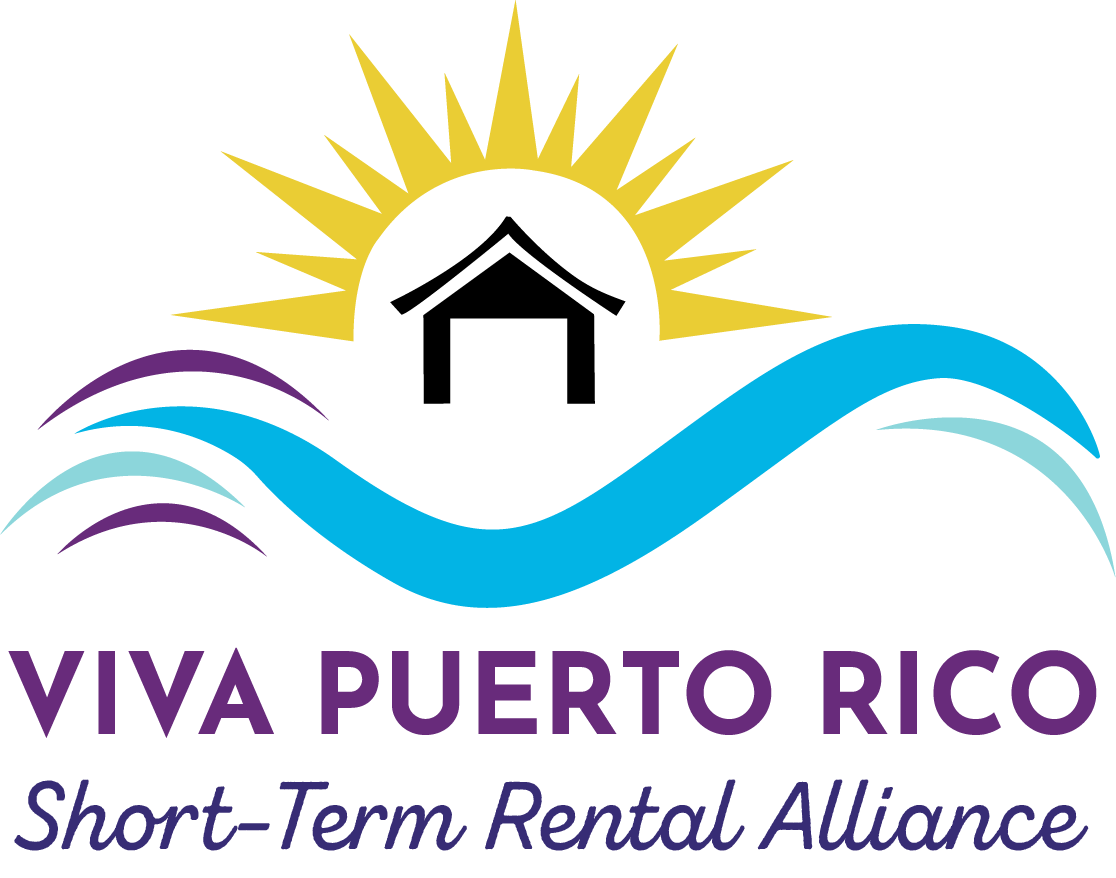In a significant development regarding the regulation of short-term rentals (STRs) in our region, the Tourism Committee has given the green light to Project 1557. The project aims to address the growing concerns surrounding STRs and their impact on residential neighborhoods.
The last week of May 2023 saw the approval of Project 1557 by the Tourism Committee, and during the last week of June 2023, it was passed with some minor modifications. Notably, several changes proposed by various stakeholders, including the Foundation, Airbnb, and Viva PR Alliance, were incorporated into the final version.
Outlined below are some of the key modifications present in the approved version of Project 1557:
- Elimination of the 30% limit on STR operators within residential areas: The initial proposal to impose a limit on the number of STR operators in residential neighborhoods has been removed from the final version of the project.
- Increase in the Room Tax from 7% to 9%: In an effort to generate additional revenue, the Room Tax for short-term rentals will be increased from 7% to 9%. Out of the additional 2%, municipalities will receive their share to support local initiatives.
- Responsibility for coexistence in individual municipalities: The final version of Project 1557 places the responsibility of addressing issues related to the coexistence of STRs and long-term residents in individual municipalities.
- Maximum of 6 units for condominium conversions: For condominiums seeking to convert into STRs, the project introduces a maximum limit of 6 units. Any conversions exceeding this limit will be treated as hotels, potentially subject to different regulations.
Moreover, it is worth noting that the project grants a grace period of one year after its signing into law for STR operators to ensure compliance. During this period, no fines will be imposed, providing STR operators with sufficient time to adjust to the new regulations.
The approval of Project 1557 comes as a result of the efforts to strike a balance between the interests of STR operators, residents, and local municipalities. While the modifications made to the initial proposal reflect input from various stakeholders, further discussions and assessments will likely continue to fine-tune the implementation of these regulations.
As the project moves forward, the impact of these regulatory changes on the local housing market, tourism industry, and community dynamics will be closely monitored. The House of Representatives remains committed to addressing the concerns associated with short-term rentals while ensuring fairness and sustainability in the region’s hospitality sector.

